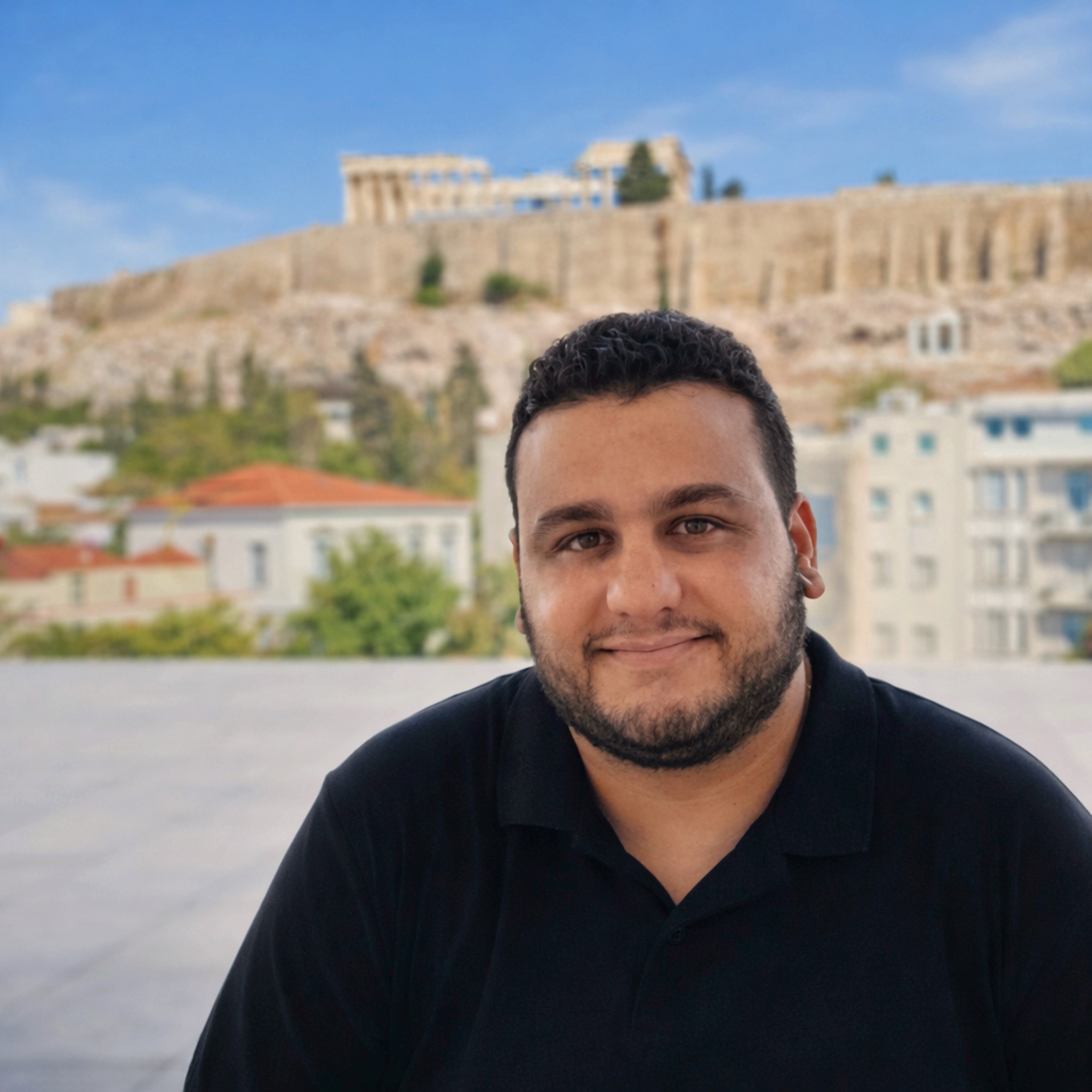They Said About Us
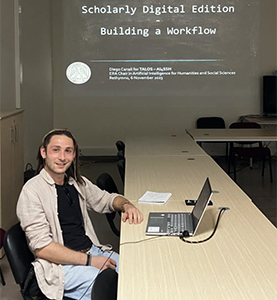
Diego Canali, Master’s student in Philology, Literature and Classical tradition, University of Bologna (Italy), is the recipient of scholarship from the Department of Classical and Italianistic Philology (FICLIT) to visit TALOS during the Winter semester 2023. This is what Diego said about his experience:
I had many occasions to think about my experience as a visitor researcher abroad, and what I am sure about is that if I had the chance to go back to the past, I would definitely take again the same decision, to ask to come in Rethymno at TALOS Project, because I think it has opened my eyes and my perspective in many ways and layers. Also, it is a new project and I am sure that in the next years it will become an important research centre not only all around Europe, but also around the world, since the professors of TALOS community are spending big efforts to open up to all those people interested in the field of DH and AI, trying to overcome national and continental borders.
Prof. Laure Berti, IRD (France) was TALOS Visiting scholar during Spring Semester 2024. Here’s what Laure said about TALOS mobility programme:
Automating knowledge graph creation from texts for digital humanities was the theme of our very productive weeks in the frame of TALOS AI4SSH Mobility program. I was delighted to meet and work with my colleagues in social and education sciences, literature, and humanities at the University of Crete in Rethymno. I had a great and memorable stay and am looking forward to engaging in the next steps of our promising collaboration.
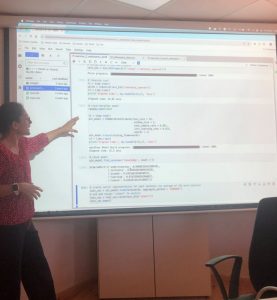
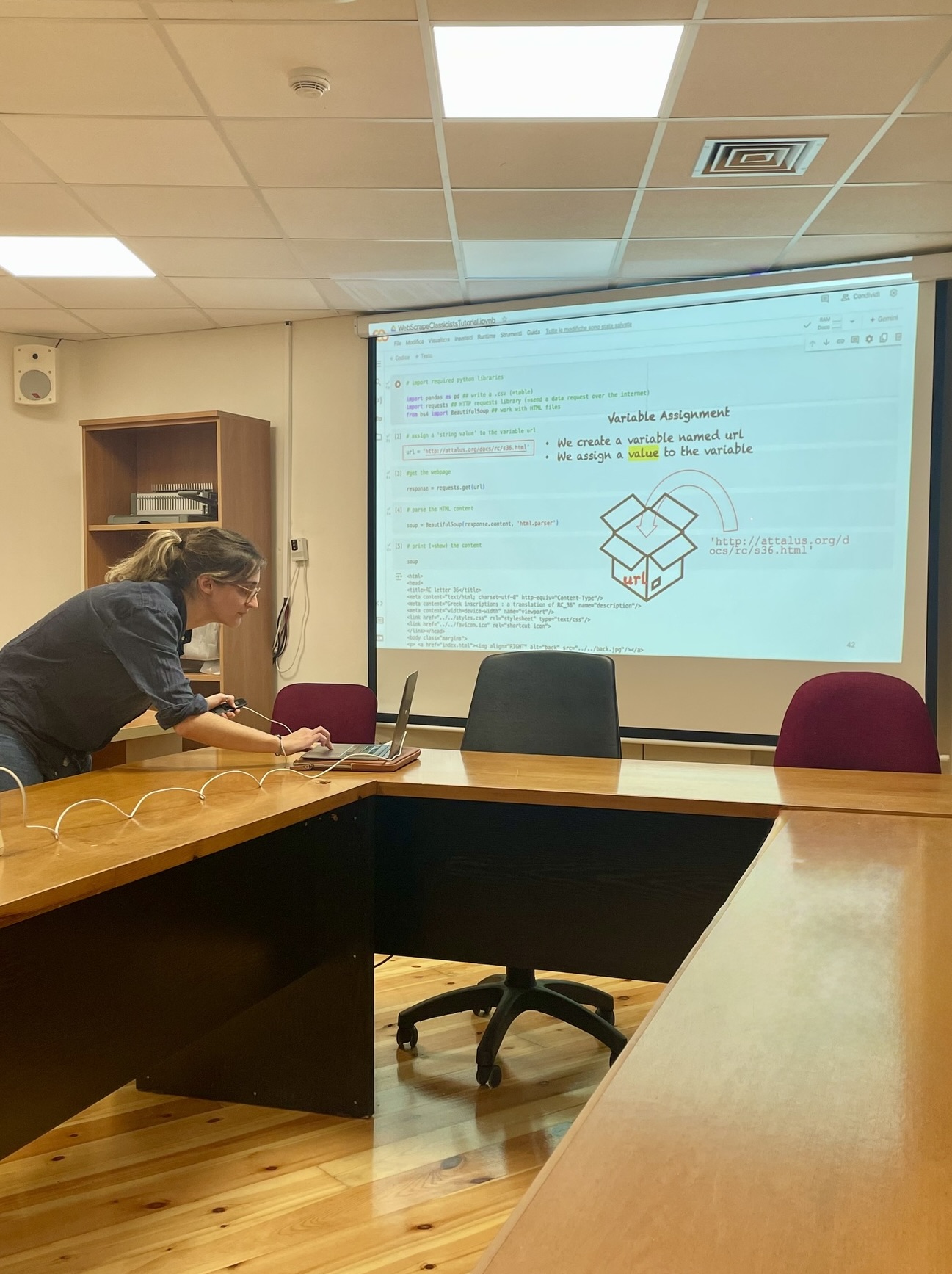
Laura Soffiantini, PhD candidate at KU Leuven, was the recipient of the second short mobility grant. Laura works on the geographic representation of Greece in Pliny the Elder’s Naturalis Historia. Here’s what Laura said about her research stay in October 2024:
I spent a month and a half at the TALOS Centre as a visiting doctoral student. My experience was profoundly fulfilling from both a scientific and a human point of view. During my stay, the TALOS team organised several events (classes, lectures, conferences, one-to-one meetings) with the rest of the group and other visiting scholars, which allowed me to effectively expand my knowledge in the theoretical and practical aspects of conceptualising and constructing an ontology. The friendly, lively and stimulating environment created by the members of the TALOS team made me feel at home in the breathtaking setting of the UoC on the Mediterranean Sea. My stay was undoubtedly a milestone in the progress of my PhD and, from my point of view, a highly recommendable stay in an international research group.
Litao Lin, PhD candidate at Nanjing University visited TALOS from August to November 2024-funding provided by Nanjing University. Project title: Organization and Application Model of Semantic Knowledge in Chinese Ancient Geography Text. This is what Litao said about his experience:
My two-month visiting experience at the TALOS Center was incredibly fulfilling and a valuable opportunity for me. During this time, I was introduced to ontoterminology, which enriched my understanding of theories and methods in knowledge organization. As a Ph.D student of Library and Information Science, this exposure has been highly inspiring for my future research. The center’s open avenues for international exchange allowed me to connect with many digital humanities scholars and projects from various countries. The faculty and students at the TALOS Center are passionate and energetic about scientific research, and engaging with them has greatly broadened my horizons.
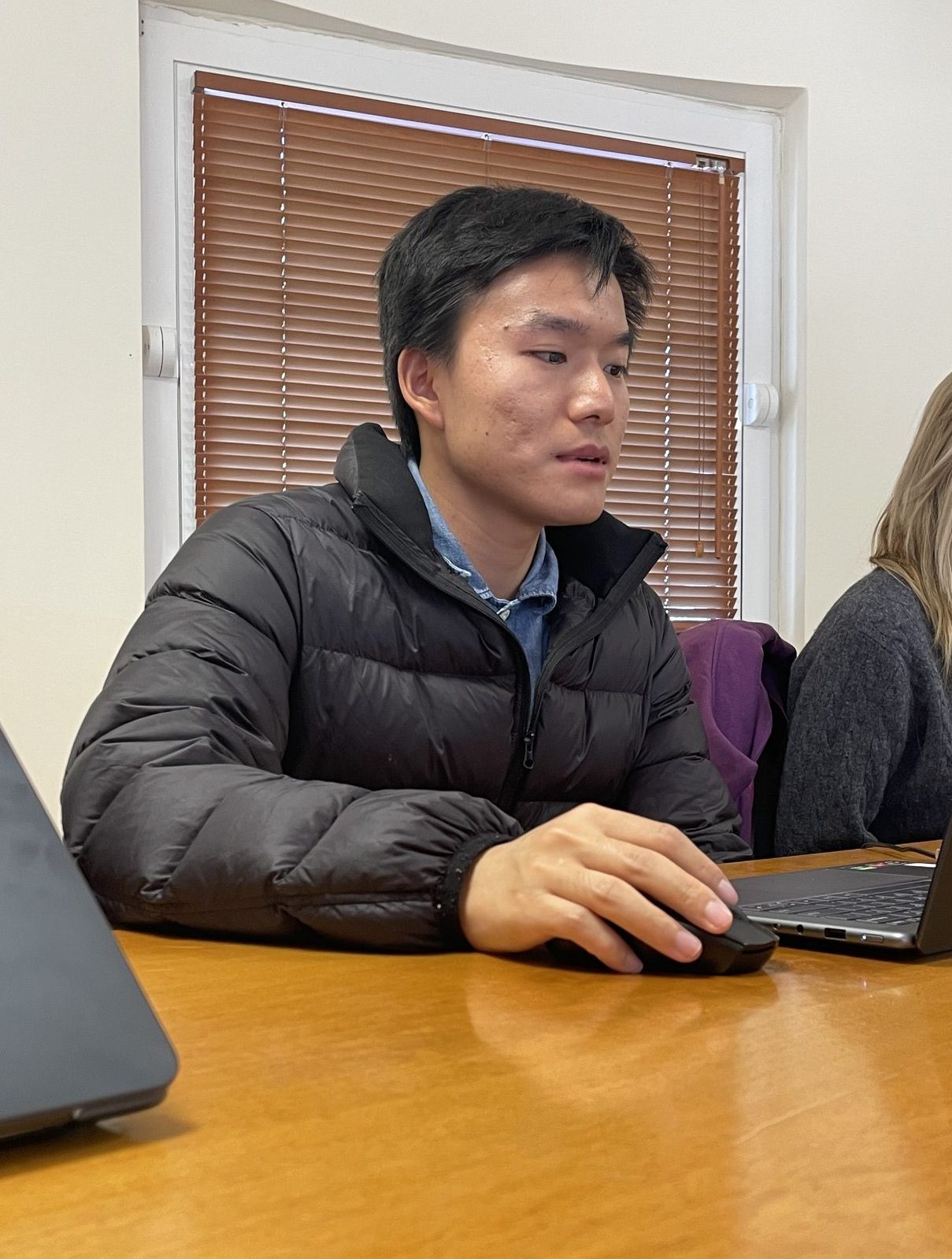

Here’s what Violetta Kouvatsou said about her experience:
My experience with the TALOS program, despite the short duration that I completed it within one academic year, really exceeded my expectations. I feel that I pushed myself to step outside the safety of my own field of knowledge, which gave me not only new information and skills but also a completely different perspective. By integrating programming languages, artificial intelligence and additional tools into the field of education that at first seem unrelated to my studies in the Department of Early Childhood Education, I was able to use them in a way that optimized my results.
Throughout the programme I received the support of all the instructors, who guided me every step of the way, offering valuable knowledge and advice that inspired me to keep trying and growing. The most important part of the whole experience for me personally was the interaction with my fellow students. We helped each other, each bringing our own personal resources and initiatives to the TALOS journey!
Thank you all!
Here’s what Niki Papadaki said about her experience:
I participated for one semester in the DH programme, which proved to be extremely rewarding and enriching. The programme provided a comprehensive introduction to various aspects of the digital world, covering a variety of topics. I particularly appreciated the opportunity to gain practical skills through the application of modern tools and techniques, which are essential in today’s professional world.
What impressed me most was the quality of the courses and the active participation of my fellow students. The lecturers were extremely knowledgeable and willing to offer help and guidance, and their lectures were well structured and easy to understand. My interaction with other students gave me the opportunity to exchange ideas and gain new insights in a creative and supportive environment. Overall, the programme provided me with valuable knowledge and skills, leaving me with positive impressions and important skills for the future.

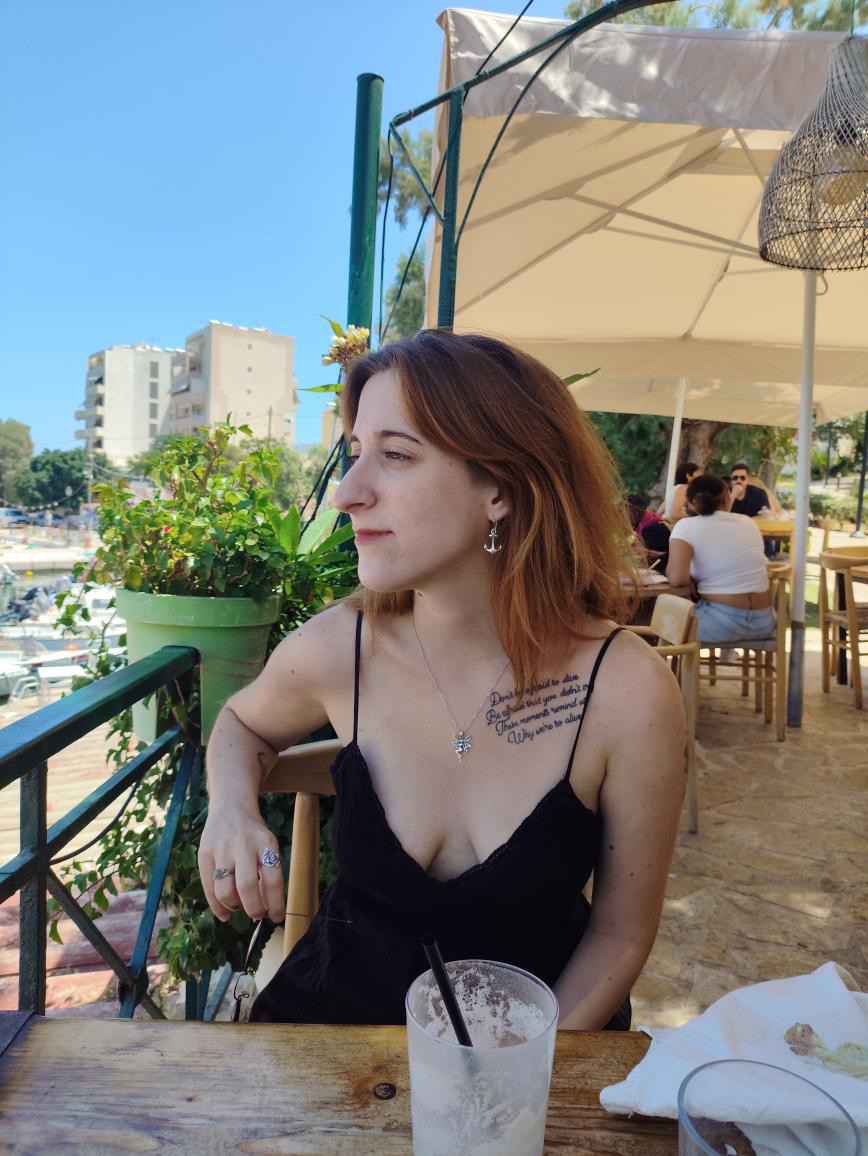
Here’s what Antonia Lourentzaki said about her experience:
TALOS helped me find my path for my research interests, as from a young age I was very fond of computer science and programming, while at the same time I had a great love for the past and archaeology. The program and my professors gave me the tools and knowledge to realize this connection through DH. Additionally, I was given unique opportunities for research and academic development at such an early stage, at the undergraduate level. I wish other students take advantage of the opportunities the program offers and pursue their dreams.
Here’s what Timoleon Katsougkris said about his experience:
My involvement with the TALOS program and DH was a unique part of my undergraduate studies. Although at the beginning I must admit I was quite hesitant—almost dismissive—toward digital sciences, seeing them as just another impractical attempt to integrate the humanities into the technological field, I can say that my initial view changed very quickly. The TALOS courses introduced me to concepts such as knowledge graphs, digitality in literature, the impact of digitality on feminism, and more—topics that, for better or worse, I had not encountered within the framework of the standard undergraduate curriculum.
Now, having completed the TALOS program and my undergraduate studies, and looking at the digital sciences courses from a broader perspective, I believe it is a program truly worth pursuing for any undergraduate student. Obviously, it included concepts that can be challenging for a student who does not want to stray from the traditional norms of the humanities (I was like that too!), yet almost every course in this short program has something valuable to offer to any aspiring student.
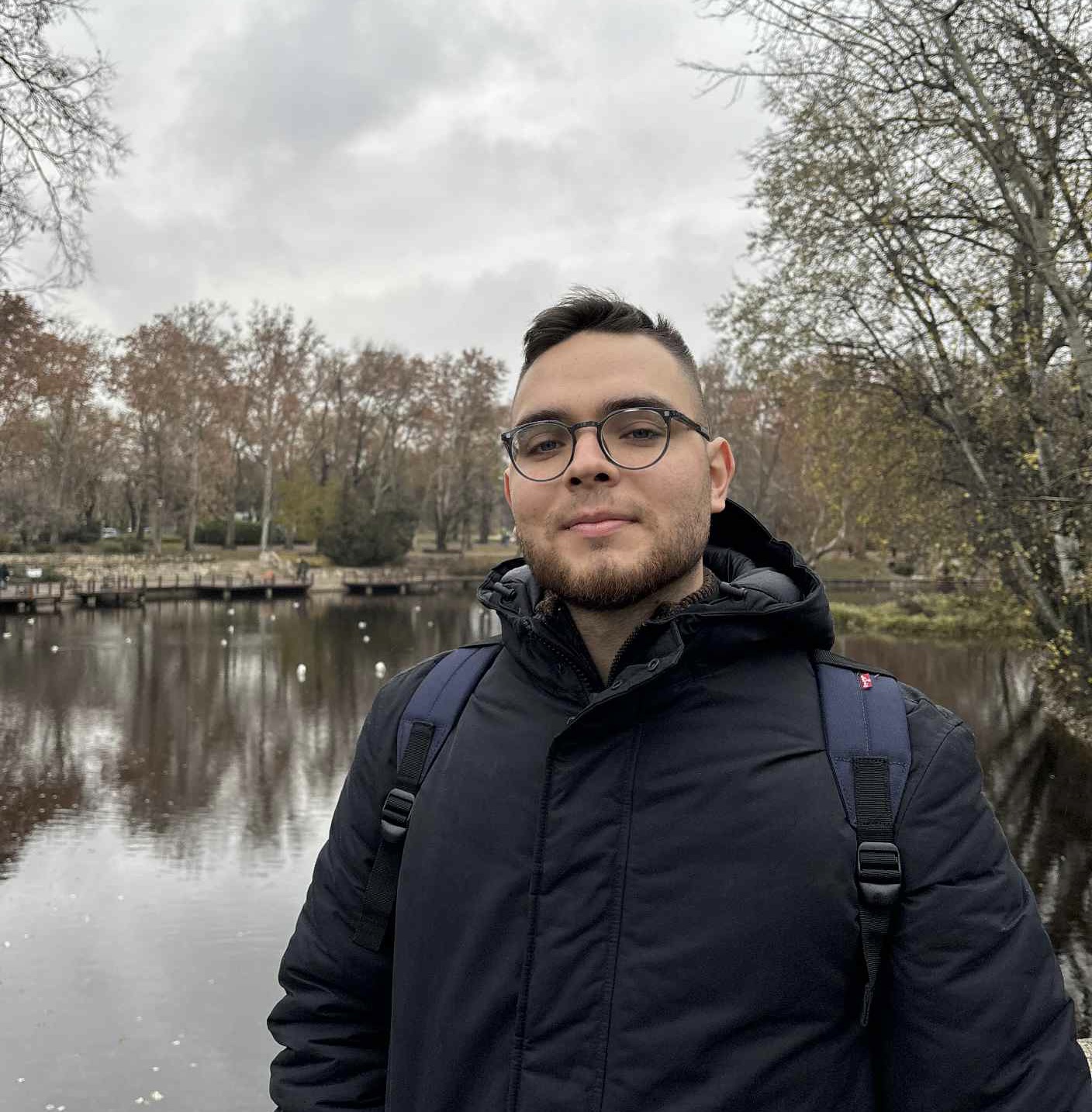
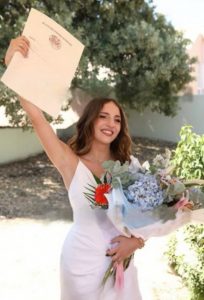
Here’s what Katerina Kataga said about his experience:
My participation in the TALOS program was an exceptionally meaningful experience, as it gave me the opportunity to combine my philological studies with modern digital tools and methodologies. Through the program’s courses and activities, I gained a broader understanding of how technology can support and enrich research in the humanities. The knowledge and skills I developed through this experience were crucial for the continuation of my academic journey, providing me with a solid foundation for further study and deeper exploration in my field.
Here’s what Nefeli Tzanakaki said about his experience:
The TALOS Short Program was a unique opportunity that arose during my studies in the Department of Philology at the University of Crete. Through the program, I was introduced to new fields of knowledge and new ways of thinking, developing skills essential for my research interests and beyond. The most important aspect was the people I met—professors, researchers, and fellow students. There was genuine care, support, and patience. We shared knowledge, exchanged ideas, and followed a common path that led to the creation of beautiful projects.
In three words: gratitude, inspiration, growth.
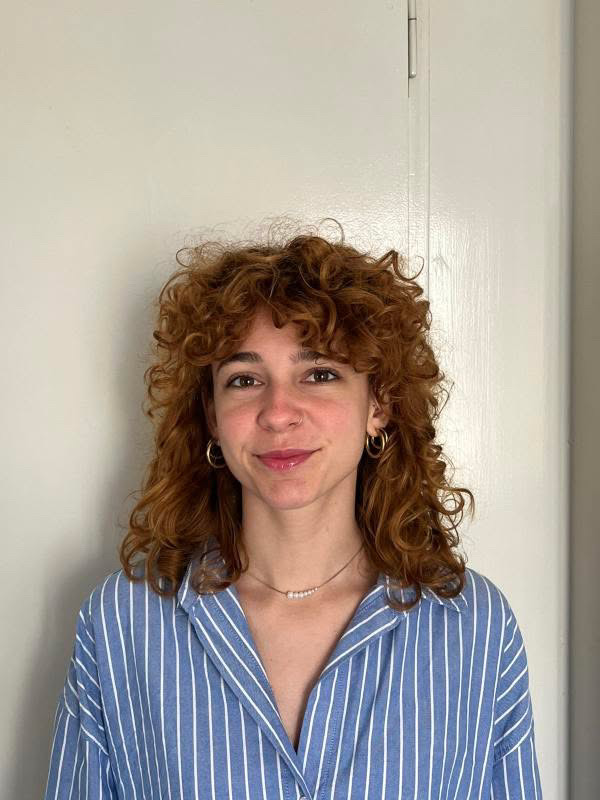
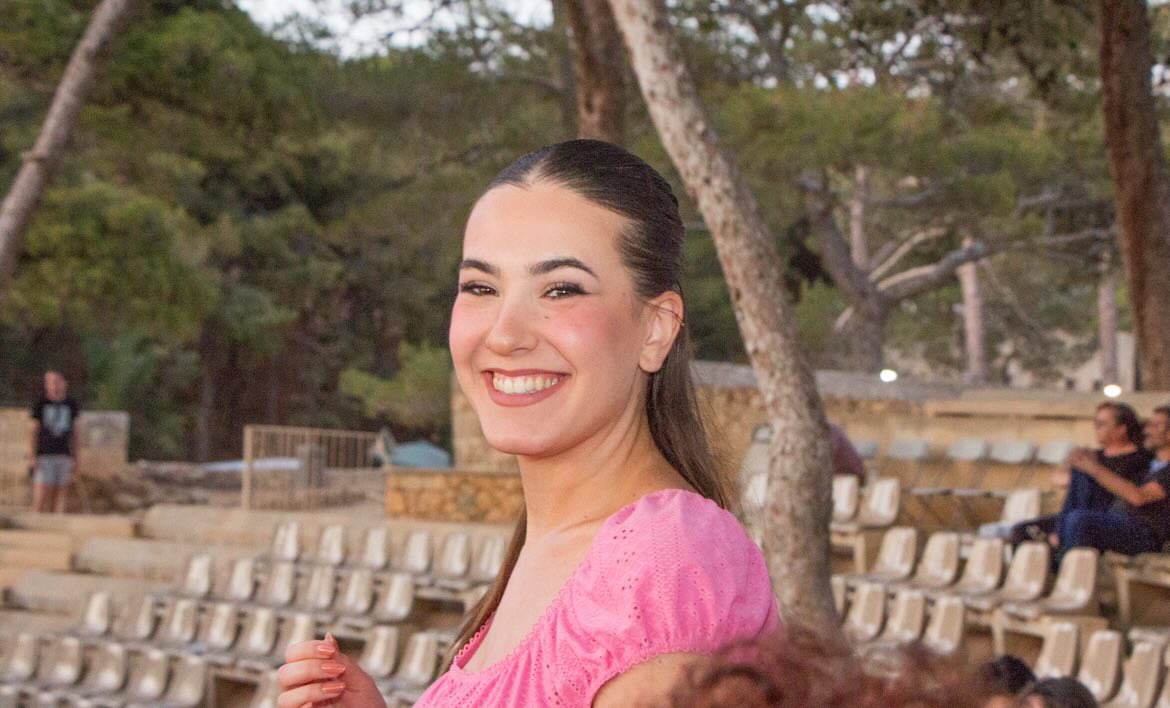
Here’s what Marina Tilemi said about his experience:
The TALOS program was for me the starting point for engaging with Digital Humanities. It provided fundamental knowledge about the tools and methodologies used in software development and strengthened my interest in computational programs. It represents a significant contribution to the humanities, promoting the advancement of these disciplines and their innovative integration into the technological systems of the future.
Here’s what Rafail Giannadakis said about his experience:
My experience with the TALOS program was truly transformative. As a Classics student, I discovered how digital tools and methodologies can enrich the study of ancient texts and artifacts. The program expanded my skills, introduced new perspectives, and allowed me to approach my research in innovative ways.
The guidance of the instructors and the collaboration with fellow students made the experience even more rewarding, fostering a supportive environment where ideas and creativity thrived. TALOS provided me with valuable knowledge and inspiration, forming a solid foundation for my future research and academic growth.
